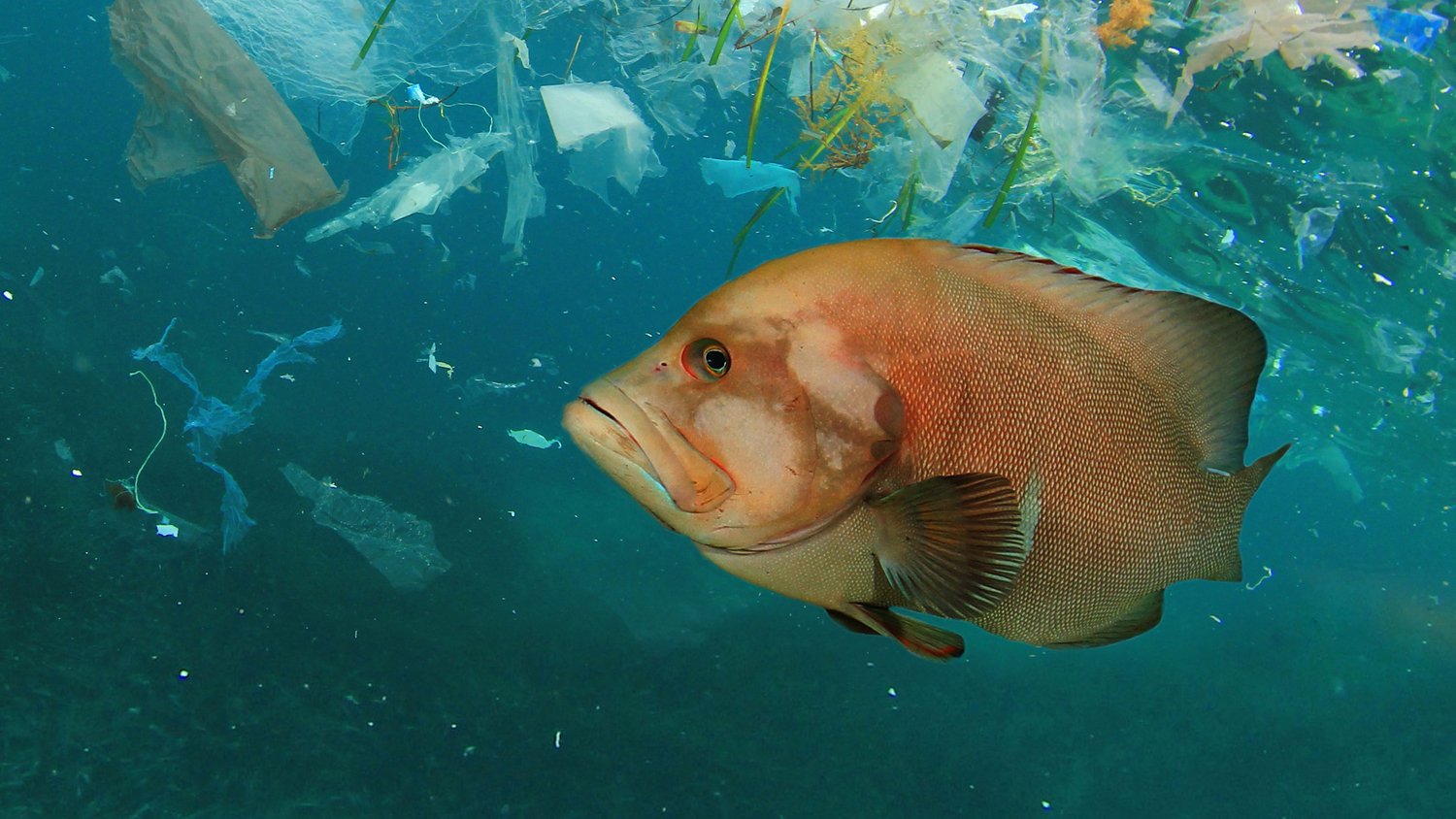COSTA RICA LEADS INITIATIVE TO ERADICATE PLASTIC MARINE LITTER
On April 8, the International Maritime Organization (IMO) announced the 30 countries that were selected to develop the GloLitter Partnerships Project (GLP). This project is sponsored by the Norwegian Government through the Norwegian Agency for Development Cooperation (NORAD), in partnership with the International Maritime Organization (IMO) and the Food and Agriculture Organization of the United Nations (FAO).
Of the 30 countries chosen, 10 countries were selected as lead partner countries to spearhead this initiative in their regions, with Costa Rica standing out as one of them. The group of 10 also includes Jamaica, Brazil, Côte d'Ivoire, India, Indonesia, Kenya, Madagascar, Nigeria and Vanuatu.
The 30 countries working on the project represent the 5 global regions of Asia, Africa, Central America and the Caribbean, Latin America and the Pacific, which will join forces to eradicate plastic marine litter.
The project aims to assist the shipping and fishing sectors to reduce plastic waste and fishing gear at sea.
To achieve this goal, the initiative will seek to provide developing countries with the application of best practices for the prevention, reduction and control of marine plastic litter from these sectors, through the implementation of regulations emanating from international conventions such as:
- The London Protocol (IMO);
- International Convention for the Prevention of Pollution from Ships – MARPOL (IMO), and
- FAO Voluntary Guidelines.
Countries should incorporate these regulations into their legal systems to promote national and regional policies to eliminate plastic in the seas and raise awareness at national level of the environmental impact of plastics in the sea on marine resources, the marine environment and human health.
The Maritime Port Division as Maritime Authority was designated as the focal point of this important initiative. Its task will be to coordinate at national level with the competent entities and to be the permanent liaison with the IMO and FAO to execute this project.
In addition, four Vice Ministries were appointed to provide technical assistance as lead agency: the Vice Ministry of Water and Seas, the Vice Ministry of Agriculture and Livestock, the Vice Ministry of Public Safety and the Vice Ministry of Maritime and Air Transportation.

Costa Rica's designation as a lead partner is the result of the institutional coordination carried out by:
- the Maritime and Port Division through the efforts of INCOPESCA,
- the National Coast Guard Service, the Vice Ministry of Water and Seas,
- the Directorate of Environmental Management (DIGECA) of the Ministry of Environment and Energy,
- the Directorate of International Cooperation, and the International Cooperation Mission of Costa Rica,
- the Directorate of International Cooperation and
- the Costa Rican Mission in Rome of the Ministry of Foreign Affairs and Worship
for having a strong interest in:
- promoting policies to eliminate abandoned, lost or discarded fishing gear (ALDFG),
- discouraging illegal, unreported and unregulated (IUU) fishing, and
- promoting sustainable fishing in favor of marine resources.
Also, having been designated as one of the leading countries, Costa Rica will have the responsibility to strengthen the legal system of domestic regulations with the creation of national policies, best practices that both nationally and regionally impact globally in favor of our seas and provide a regulatory and sanctioning framework against marine pollution and illegal fishing.
The Maritime and Port Division as Costa Rica's Maritime Authority coordinates this important initiative for the country with great responsibility, commitment and enthusiasm in collaboration with other competent entities in order to reduce marine pollution.